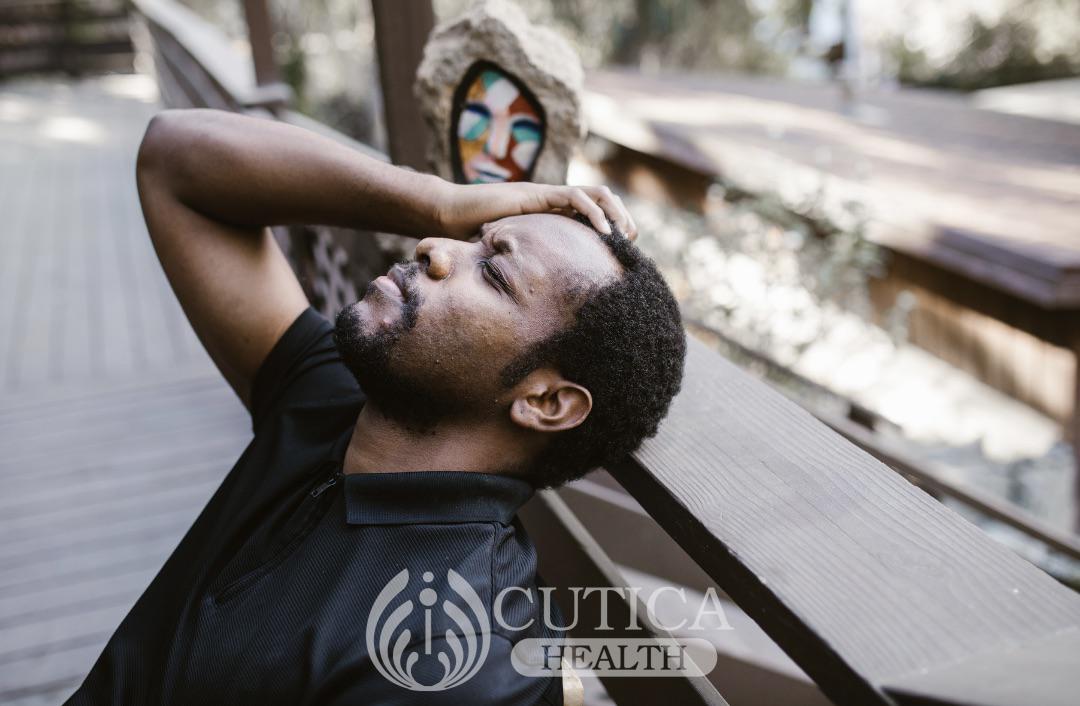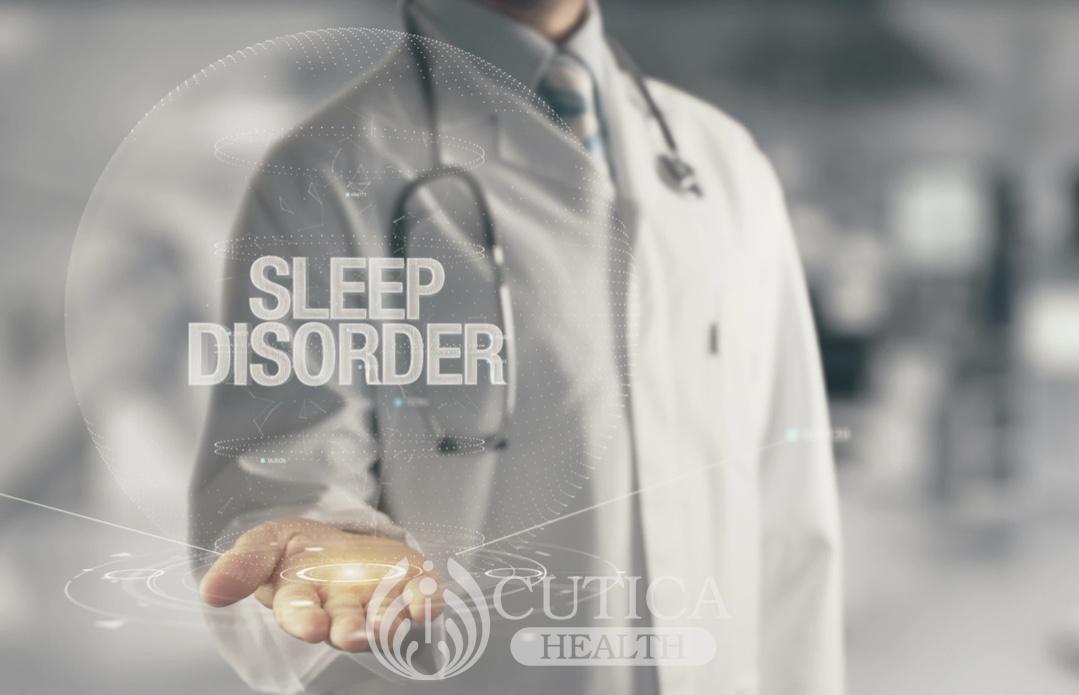
Post-traumatic stress disorder (PTSD) is a psychological disorder caused by a traumatic experience such as rape, natural disasters, war, terrorist attacks, accidents, near-death events such as drowning and so on. People who experience these kinds of traumatic events may develop PTSD afterward. PTSD affects people of different ages, of different ethnicities and nationalities, and of different genders. PTSD can be severe and affect a person’s ability to function effectively, if not managed.

Here are 5 things you should know about PTSD:
PTSD symptoms can be categorized into four groups
The symptoms of PTSD vary from person to person, but most symptoms will fall into one or more of these categories:
Intrusive thoughts : this included flashbacks, nightmares, involuntary thoughts and memories about the events. These flashbacks can be so vivid that you might feel like you are reliving the event.
Avoidance : this involves taking steps to avoid any reminders of the event. You may avoid people, things, the place where it happened or similar spaces, certain activities and situations, and even talking about it.
Altered mood and cognition : cognitive changes may include being unable to remember major points of the traumatic event, distorted thoughts and beliefs about the cause and outcome of the event, negative thoughts about yourself or others, and negative feelings (such as guilt, self-hate, shame, blaming yourself or others, anger).
Mood changes can include losing interest in activities you enjoyed before, becoming withdrawn, feeling detached from others, and feeling sad often.
Alterations in behavior and emotions : these are also known as arousal symptoms. These symptoms may include being easily frightened or startled, being overly cautious and alert for danger, sleep difficulties, having problems concentrating, and changes in appetite. It may also manifest as self-destructive tendencies (drunk-driving, fighting & other reckless behavior, drug-use, etc), angry outbursts, irritability, and aggression.
Acute stress disorder is similar but different from PTSD
If you have experienced a traumatic event, you might have displayed any of the symptoms above soon after the incident, if these symptoms present for less than a month, you might have acute stress disorder. Post-traumatic stress disorder is diagnosed when symptoms last for more than a month and interfere significantly with your ability to perform daily activities such as working or schooling. For many people, symptoms develop within one to three months or even years after the traumatic event and may persist for months or years.
Children can suffer from PTSD
PTSD is not limited to adults and teenagers, children as young as 6 years old and even younger can experience post-traumatic stress disorder. Young children usually exhibit signs of trauma through play. They tend to recreate the event when playing or by drawing scenes the way they remember it. They may also have nightmares and become afraid of things related to the event such as loud noises or men in black masks.

Stress and reminders can intensify the symptoms of PTSD
The symptoms of PTSD can decrease in intensity as time passes. However, coming across reminders of the traumatic event can intensify the symptoms and cause you to relive the experience. For example, hearing loud noises such as a car backfiring can remind you of gunshots. High stress levels can also worsen the symptoms of PTSD.
Post-traumatic stress disorder (PTSD) can be treated
Even if PTSD develops a long while after the traumatic event, it can be treated successfully. Treatment can vary depending on the severity of the symptoms and the time of their appearance. Medications such as antidepressants may be administered or your doctor might recommend psychological therapy, such as trauma-focused cognitive behavioral therapy (CBT).

Conclusion
Not everyone who experiences a traumatic experience will have PTSD, but for people who experience it, it can be destabilizing and cause permanent changes in their lives.












